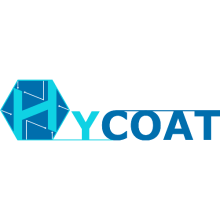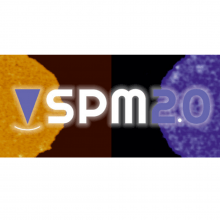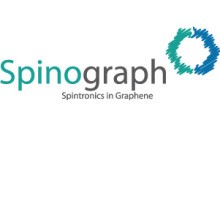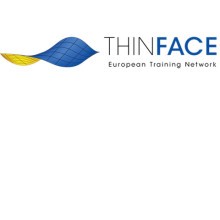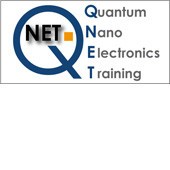Projects
Projects at a Glance
QuESTech - QUantum Electronics Science and TECHnology training
QuESTech (Project ID: 766025) is a consortium of 7 leading European research laboratories and 2 high-tech companies. Supported by the European Community, QuESTech will provide a challenging, state-of-the-art training for young researchers in the general field of experimental, applied, and theoretical quantum electronics. The main scientific topics include spintronics, molecular electronics, single electronics, transport in low-dimensional structures, and quantum thermodynamics.HYCOAT - A European Training Network for Functional Hybrid Coatings by Molecular Layer Deposition
Thin films of hybrid materials engineered at the molecular scale can enable breakthroughs in several economically and socially relevant technological application areas including packaging & encapsulation, electronics, batteries and biomedical applications. With self-limiting binary reactions, Molecular Layer Deposition (MLD) is the ideal deposition technique for growing ultra-thin, uniform, conformal hybrid films with precise and flexible control over the film thickness and molecular-scale chemical composition. The key objective of HYCOAT is to create a group of exceptionally well-trained young researchers who have a deep understanding of all aspects of MLD technology, as well as broad vision on the application potential of hybrid coatings.SPM2.0- Scanning probe microscopies for nanoscale fast, tomographic and composition imaging
Advanced Microscopy are widely recognized as one of the pillars onto which the research and manufacture of Nanotechnology based products is sustained. At present, the greatest challenge faced by these techniques is the realization of fast and non-destructive tomographic images with chemical composition sensitivity and with sub-10 nm spatial resolution, in both organic and inorganic materials, and in all environmental conditions.SPINOGRAPH - Spintronics in Graphene
SPINOGRAPH is a Marie-Curie Initial-Training Network on "Spintronics in Graphene", bringing together 7 academic and 2 industrial partners to train 15 young researchers doing top-class research projects. Spintronics stands for electronics based on the electron-spin degree of freedom. The huge success of spintronics in metals, which started from the pioneering discovery of Giant Magnetoresistance (GMR), has revolutionized the magnetoelectronics industry. Exploration of spin effects in other types of materials is leading to an array of fascinating physical phenomena and holds the promise of future breakthroughs. The discovery of graphene, the first truly two-dimensional crystal, together with the remarkable progress in the fabrication of graphene devices, have naturally led to the exploration of hybrid graphene/ferromagnetic devices to explore spintronics in graphene.THINFACE - Thin-film Hybrid Interfaces: a training initiative for the design of next-generation energy devices
The main concern of the THINFACE project is to push forward new ideas and techniques within the field of hybrid thin films for new energy devices. The approach focuses on sustainable energy solutions and by this meeting one of our most challenging societal issues. To solve these challenges in a multi-disciplinary and intersectorial network gives outstanding possibilities for the young researchers involved.
By funding program
Contact

Yurdana Castelruiz
Projects Manager
+ 34 943574022
y.castelruiz[at]nanogune.eu


